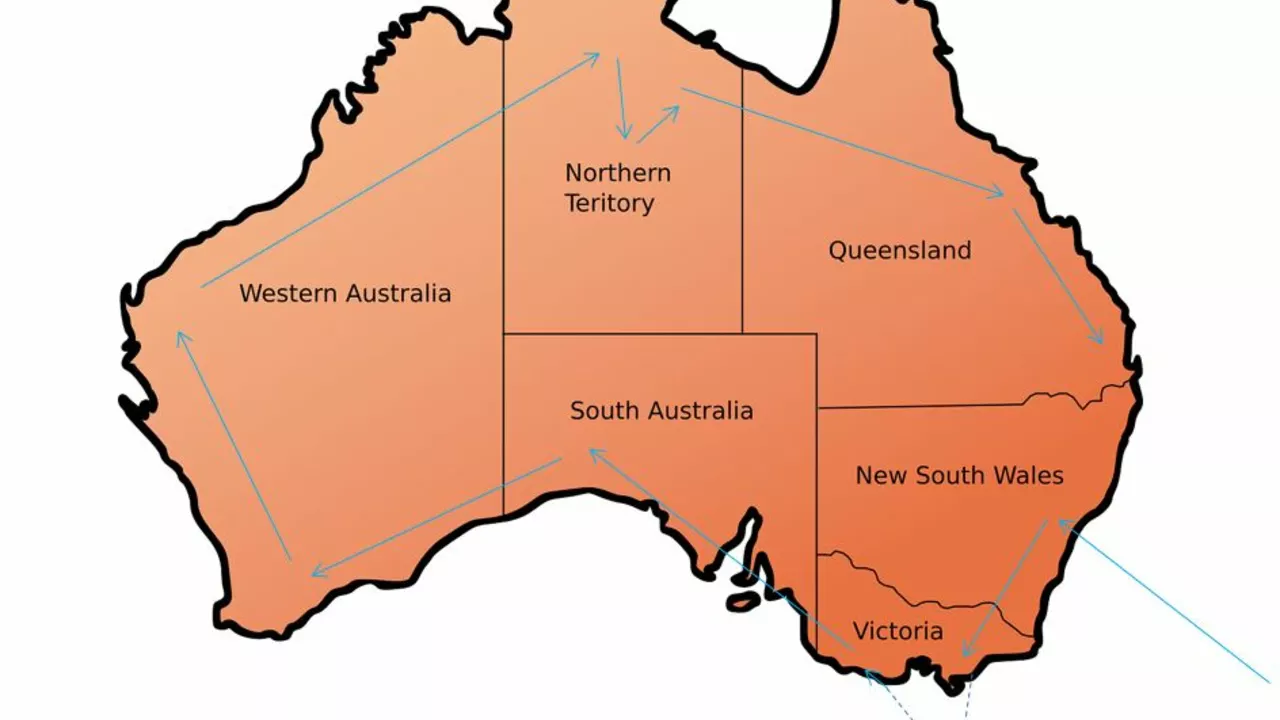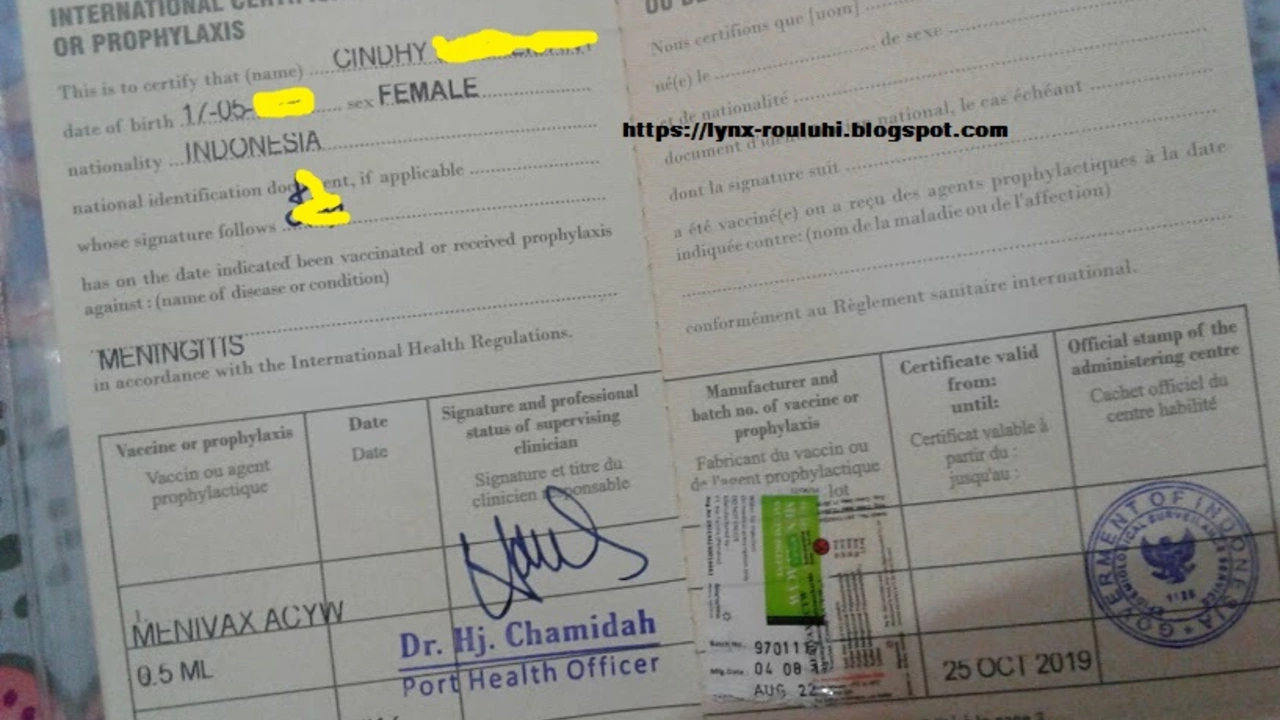Understanding Your Feelings
As an Indian, feeling a sense of detachment or dissatisfaction with my country is not something that is unheard of. I, like many others, have had moments of frustration and resentment. There are times when I feel overwhelmed by the challenges we face - the corruption, the lack of infrastructure, the socio-economic disparity, the cultural and religious tensions. At the same time, I am captivated by the beauty and allure of Australia - its natural beauty, its laid-back lifestyle, its values of equality, and its opportunities.
However, it is important to remember that these feelings are just that - feelings. They are subjective, and they can change over time. It is crucial to take the time to understand these feelings, to explore their roots, and to consider their implications. This will help inform any decisions I make, and ensure that these decisions are aligned with my long-term happiness and fulfillment.
Researching About Australia
The grass always seems greener on the other side, but is it really? Before making any decisions, it's important to thoroughly understand what life in Australia is really like. Australia, like any country, has its own set of challenges - from its high cost of living to its strict immigration policies. It's not all sunshine and beaches. It's crucial to research about the country's culture, its job market, its education system, its healthcare, and more. There are numerous online resources available, including forums, blogs, and government websites, which provide accurate and up-to-date information.
It's also worth speaking to people who have made the move. They can provide first-hand insights, and their experiences can help paint a realistic picture of what life in Australia is like.
Considering the Trade-offs
Moving to a new country is a big decision, and it comes with its own set of trade-offs. Yes, I may gain a better quality of life, better opportunities, and a fresh start. But what will I lose? I may be giving up my family, my friends, my culture, my language, and my sense of identity. The distance from home can be isolating, and adapting to a new culture can be challenging.
It's important to weigh these trade-offs carefully. What am I willing to give up? What am I not willing to give up? This is a deeply personal decision, and it's one that requires careful consideration.
Making the Decision
After all the research and soul-searching, it's time to make a decision. This decision is not just about where I want to live - it's about the kind of life I want to lead. It's about who I want to be, what I want to achieve, and what I value most in life.
It's also important to remember that this decision is not irreversible. People move countries all the time. It's okay to make a decision, and then change my mind later. It's okay to try something new, and then decide it's not for me. The most important thing is that I am true to myself, and that I make the decision that feels right for me.
Preparing for the Move
If I decide that moving to Australia is the right decision for me, then it's time to prepare. This involves a lot of planning and preparation. There are visa applications to consider, finances to sort out, accommodation to find, and many other logistical details. It's a long and often stressful process, but it's a necessary step towards creating the life I want.
There are many resources available to help with the move. There are immigration consultants who can guide through the visa process, relocation services that can help with the logistics, and expat communities that can provide support and advice. It's important to take advantage of these resources and to lean on the support of others.
Embracing the Journey
Regardless of the decision I make, it's important to embrace the journey. Life is not about the destination, but about the journey. It's about the experiences we have, the people we meet, the lessons we learn, and the person we become along the way.
Whether I choose to stay in India or move to Australia, I know that I will face challenges, but I will also have opportunities for growth and discovery. I am excited for what the future holds, and I am ready to embrace whatever comes my way.



